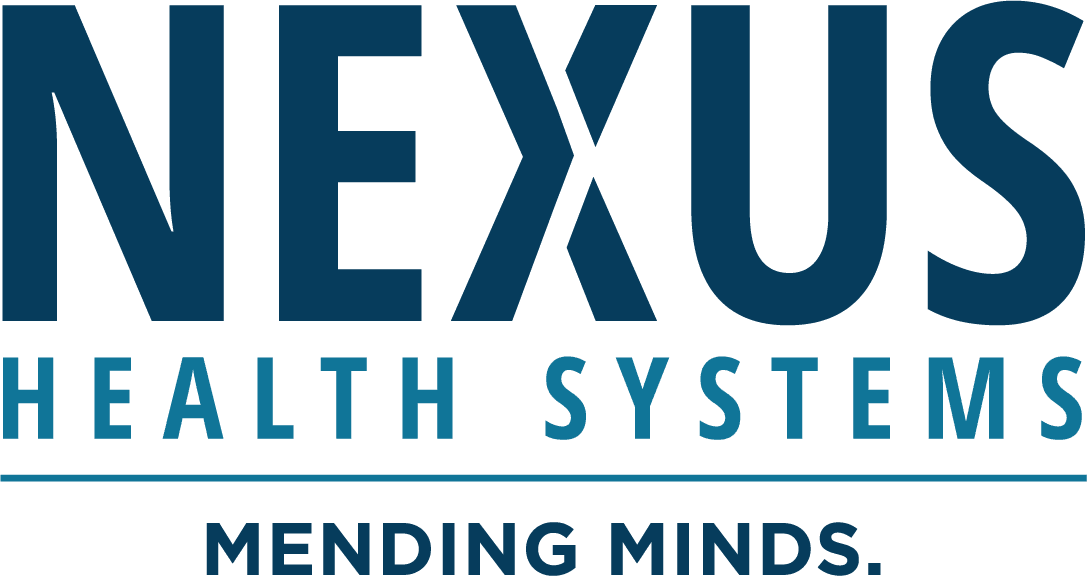Traumatic brain injuries (TBIs) present a plethora of health issues that psychopharmacology can be very successful in treating and managing.
There is no direct pharmacological treatment – that is, treatment with prescription medications – for a traumatic brain injury (TBI); patients who experience one must be treated with a multitude of different therapies and drug treatments in order to recover from its effects. TBIs, however, present a plethora of health issues that psychopharmacology can be very successful in treating and managing. As founder of Nexus Health Systems Dr. John Cassidy discusses in his book Mindstorms, “psychopharmacology is less about the traumatic brain injury itself and more about the secondary problems that occur in its aftermath.” These effective pharmaceuticals can greatly help a patient regain their full potential after experiencing a TBI.
Antidepressants
Depression is a common symptom of TBI, as the chemical balance of the injured brain is thrown off. Antidepressants restore the balance of the neurotransmitters that regulate the brain’s chemical activity. The most common types of antidepressants, selective serotonin reuptake inhibitors (SSRIs), work by preventing the natural reuptake of serotonin by presynaptic neurons, keeping serotonin active in the brain and thus enhancing its electrical transmission capability. In simpler terms, SSRIs prevent the recycling of serotonin, ultimately relieving the symptoms of depression.
Antipsychotics
While it’s not clear what causes psychotic symptoms in TBI patients (including disorganized thinking, delirium, irrational thoughts, and hallucinations), antipsychotic medication may be necessary for patients who have suffered brain damage. Older antipsychotic medications such as Haldol, Thorazine, and Mellaril have been known to cause an irreversible neurological side effect called tardive dyskinesia, which produces involuntary motor movements. For that reason, newer antipsychotic drugs that don’t produce this effect are most often prescribed – these include Risperdal, Zyprexa, and Seroquel.
Anticonvulsants
Anticonvulsants, also known as antiepileptic drugs (AED), stop the convulsions and seizures that are commonly experienced by TBI patients. They’re also useful in calming irrational aggression and stabilizing the mood of patients affected by a TBI. In the past, anticonvulsants were often given to all TBI patients – now, their use is more regulated. AEDs such as phenobarbital and Dilantin are administered to patients when they reach the emergency room to prevent seizures but tend to have cognitive side effects. In post-acute care, newer medications like Tegretol, Trileptal, or Depakote are used to treat patients still suffering from seizures.
Emerging Consciousness
Patients in a coma, persistent vegetative state (PVS), or minimally conscious state have seen significant improvement in wakefulness through therapies involving neuropsychology, neuropharmacology, physical, occupational, and speech therapy, such as those implemented in Nexus Health Systems’ Emerging Consciousness Program – also known as The Phoenix Project. These results are achieved through stimulant medications as well as sensory stimulation and normalizing the sleep cycle.
Psychopharmacology can be very effective in mitigating the secondary effects of a TBI if tuned to the right dosage. Initial psychopharmacology treatments work best within the safe environments of hospitals or post-acute rehabilitation facilities.
No matter what the symptoms of a patient’s TBI are, Nexus Health Systems is committed to the treatment and rehabilitation of those suffering from a TBI’s effects. Above all, our mission is to return patients to lives of productivity and meaning.

